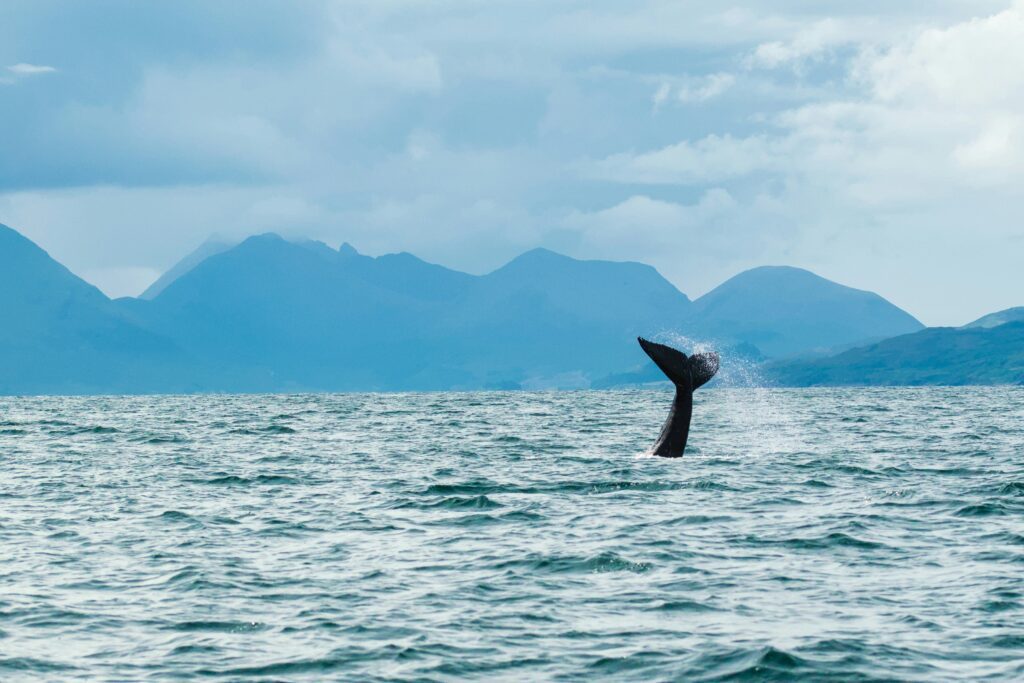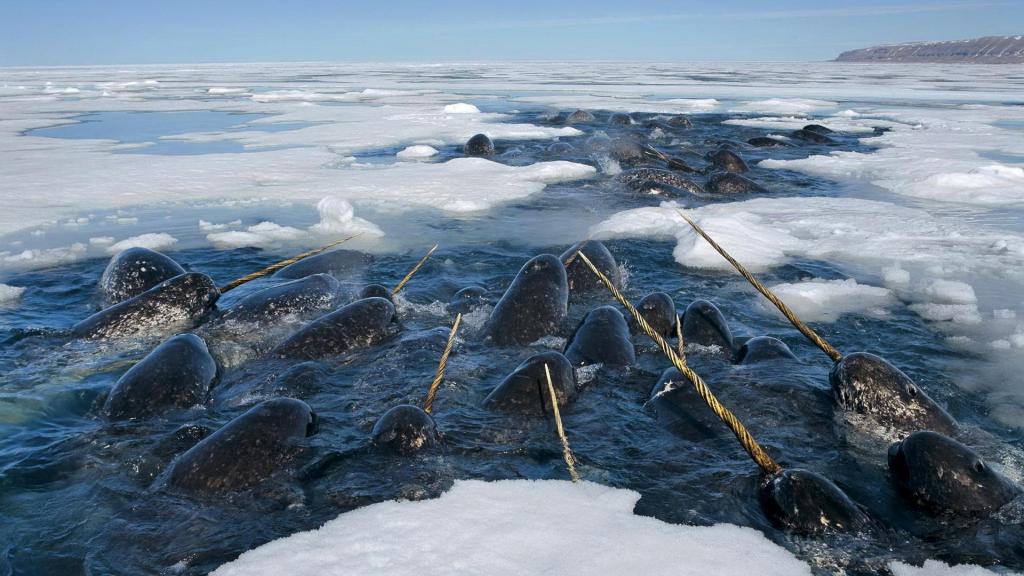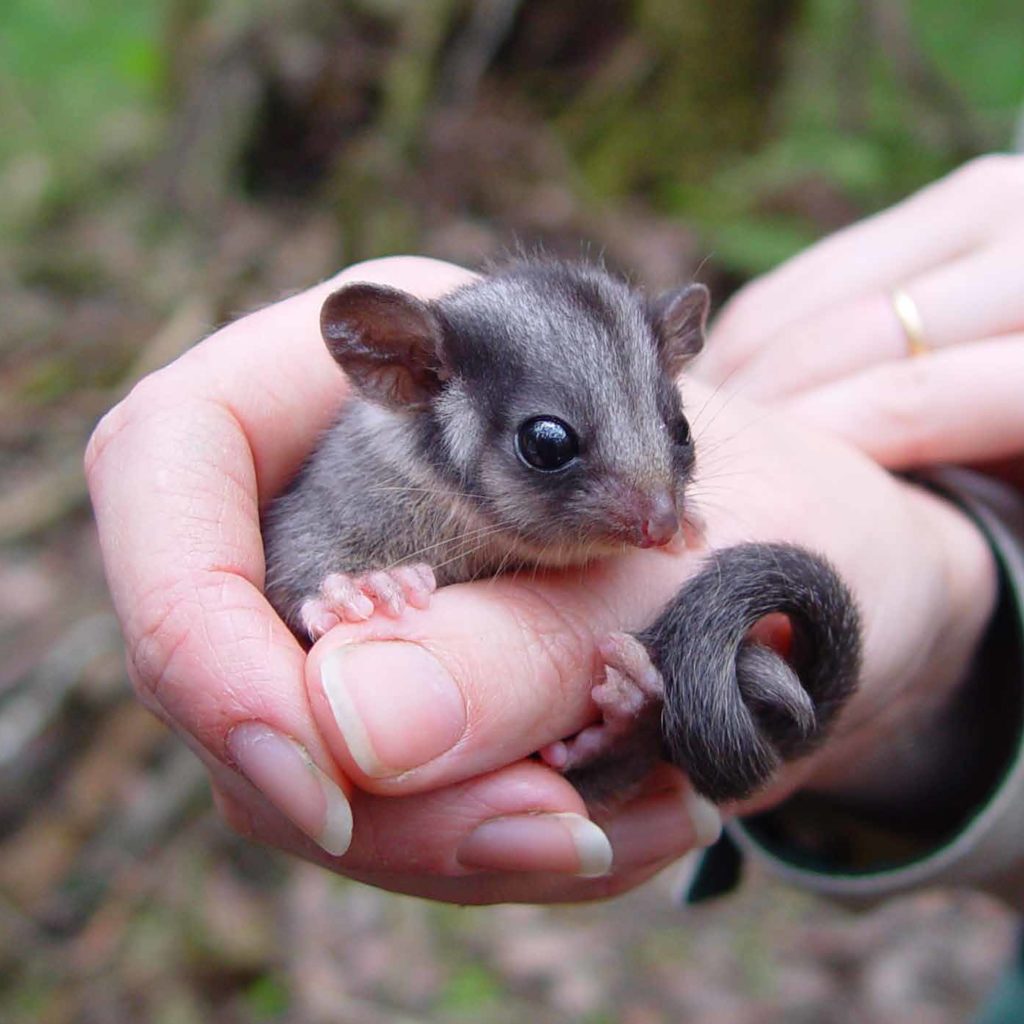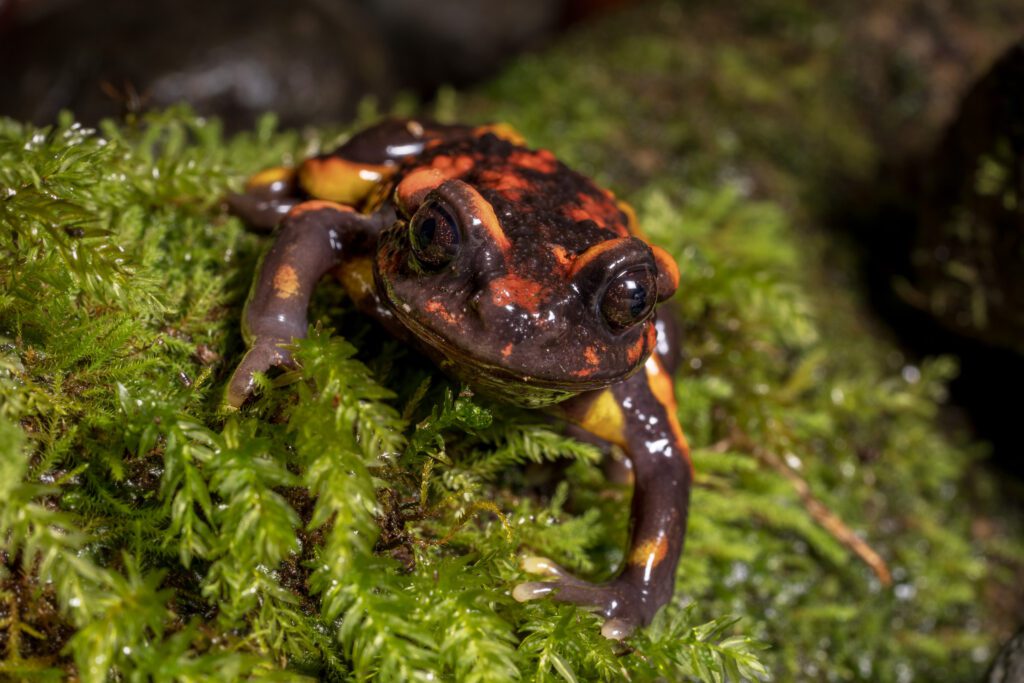The Chile Mountains False Toad (Telmatobufo venustus) belongs to an ancient group of species, all of which teeter on the brink of extinction. This project combines genomic tools (sequencing, biobanking, and e-dna) to help identify threats, design restoration strategies, and protect genetic diversity in this 100-million-year-old lineage.
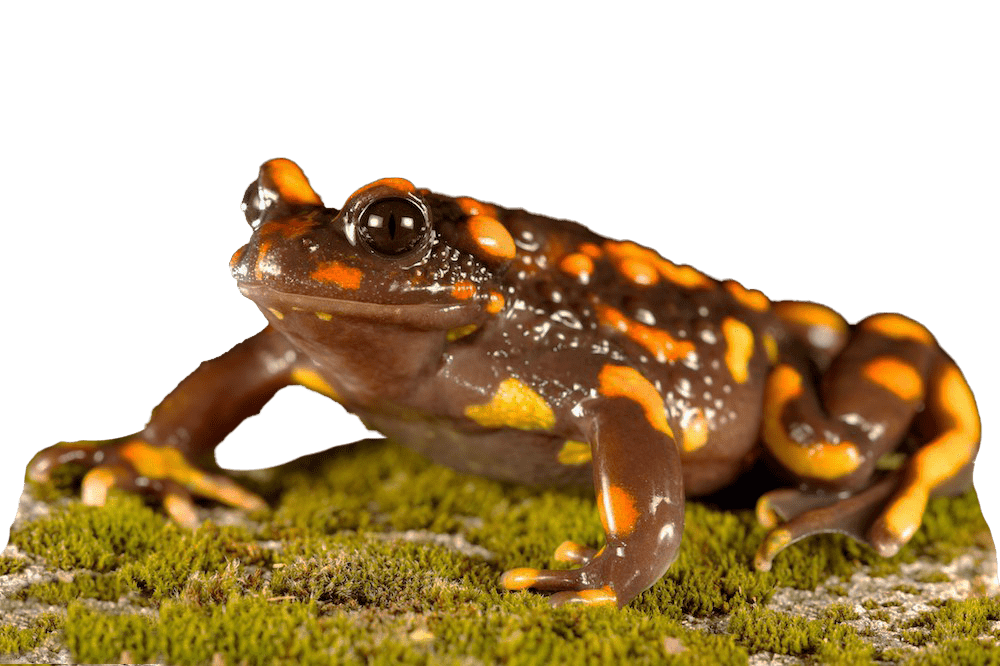
Amphibians are the most endangered group of vertebrates on earth.
Found only in temperate mountain forests in Chile, frogs in the genus Telmatobufo (false toads) are a unique lineage whose closest living relatives are in Australia, not South America. They are believed to be a relict population of a 100-million-year-old amphibian lineage.
All four frog species are in imminent danger of extinction due to habitat loss, water contamination, and invasive predatory species (trout). In fact, the frogs have vanished from most of their historic range and few adults are observed in the wild.
This project will employ a suite of genomic technologies to aid conservation of this unique frog lineage. A complete reference genome of Telmatobufo venustus, the Chile Mountains False Toad, will be combined with whole genome resequencing of 20 individuals to elucidate historical demography, populations structure, and genetic diversity. Tissue samples from these frogs will be biobanked, and metagenomic sequencing of the gut and skin microbiome will provide baseline information for conservation efforts.
In addition, environmental DNA (eDNA) will be used to detect relict populations and map threats such as invasive species, helping with conservation efforts and future re-introduction of captive-bred individuals. Importantly, all information gained from this project will be integrated into a written conservation plan for the Chilean government to help protect the Chile Mountains False Toad and its relatives.
The project is led by Dr. Danté Fenolio at the San Antonio Zoo and Professor Jose Nuñez at the Universidad Austral de Chile.
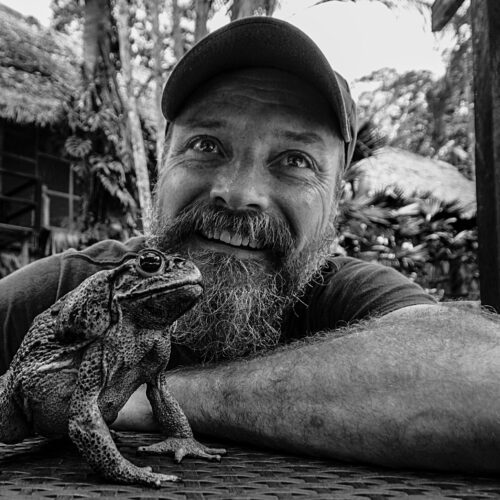
PI: Dr. Danté Fenolio, San Antonio Zoo
EXPLORE MORE WILD GENOMES PROJECTS
Keep up with Wild Genomes!
Join our mailing list for bi-annual updates from Revive & Restore, including new calls for Wild Genomes proposals.



